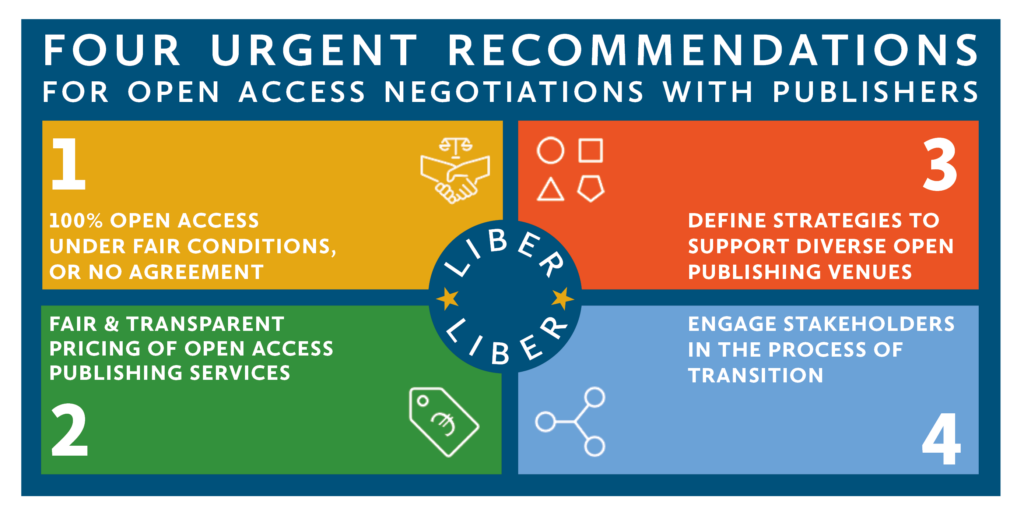Journal Comparison Service: deadline for publisher registrations extended
In the Summer of 2022, cOAlition S will launch the Journal Comparison Service (JCS), a secure online platform that will help registered users from the research community better understand if the publishing fees they pay are commensurate with the services delivered, and to gain better insight into the elements of those services. Ahead of this date, publishers will be invited to register with the JCS, sign the participation agreement and share their 2021 price and service data through the platform.
Publisher applications will be accepted until the 31st October 2022.

